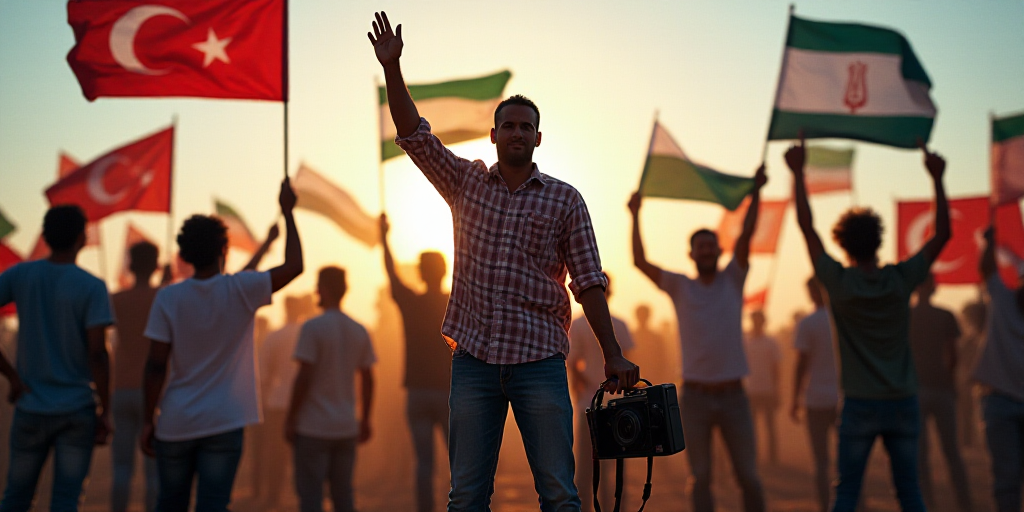Background on Key Figures and Relevance
The recent conflict between Iran and Israel has escalated tensions, leading to Iran’s decision to suspend cooperation with the International Atomic Energy Agency (IAEA).
Masoud Pezeshkian, the President of Iran, signed a law on June 26 that halts cooperation with the IAEA following a series of Israeli attacks on Iran’s nuclear facilities. This decision comes after 12 days of war initiated by Israel with bombings on June 13, which further strained relations between Iran and the IAEA.
The United States, an ally of Israel, joined in by bombing Iran’s nuclear sites at Fordo, Isfahan, and Natanz on June 22. The conflict resulted in over 900 deaths in Iran, according to the judiciary, and 28 fatalities in Israel, as reported by Israeli authorities.
Iran’s Decision and International Reactions
Iran’s suspension of cooperation with the IAEA is described as “obviously concerning” by Stephane Dujarric, a spokesperson for the UN Secretary-General. The United States labeled Iran’s decision as “unacceptable,” urging Iran to choose a path of peace and prosperity.
Israel, an outspoken adversary of Iran since the 1979 Islamic Revolution, expressed dissatisfaction with Iran’s move. Israeli Foreign Minister Gideon Saar called for the global community to halt Iran’s nuclear ambitions and urged Germany, France, and the UK—countries involved in nuclear negotiations with Iran—to reimpose sanctions on Iran.
Iran’s Criticism of the IAEA
Iran has criticized the IAEA for its perceived silence during Israeli and US attacks on its nuclear facilities. Tehran rejected IAEA chief Rafael Grossi’s request to visit the bombed sites and accused the agency of providing a pretext for the Israeli strikes.
Furthermore, the conservative Iranian newspaper Kayhan published allegations that Grossi is an Israeli spy, suggesting his execution.
Iran’s Justification for Suspending Cooperation
Iran claims that Grossi’s request to visit the bombed sites reflects his “malicious intentions,” while asserting there are no threats against Iran or its inspectors.
Esmail Baqai, spokesperson for Iran’s Foreign Ministry, stated that the suspension of cooperation with the IAEA mirrors “public concern and anger” in Iran regarding the attacks.
Key Questions and Answers
- What is the main issue? Iran has suspended cooperation with the International Atomic Energy Agency (IAEA) amid rising tensions following a 12-day conflict with Israel.
- Who are the key figures involved? Masoud Pezeshkian, President of Iran; Rafael Grossi, Director General of the IAEA; and Gideon Saar, Israeli Foreign Minister.
- What is the international community’s response? The United States and Israel have condemned Iran’s decision, urging it to abandon its nuclear ambitions and reimpose sanctions.
- Why did Iran suspend cooperation with the IAEA? Iran claims the IAEA’s silence during attacks and Grossi’s perceived malicious intentions justified the decision.






